Filter by
The language used throughout the course, in both instruction and assessments.
Results for "understand+different+theoretical+approaches+and+applications+to+mental+health+care"
 Status: Free
Status: Free
Yale University
Skills you'll gain: Psychology, Mental and Behavioral Health Specialties, Psychiatry, Mental Health, Human Development, Human Learning, Social Sciences, Psychotherapy, Behavioral Health, Sociology, Creativity, Non-Verbal Communication
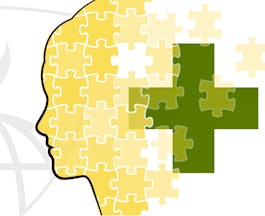

Johns Hopkins University
Skills you'll gain: Triage, Crisis Intervention, Rapport Building, Emergency Response, Trauma Care, First Aid, Interpersonal Communications, Community Mental Health Services, Mental Health, Stress Management, Patient Referral, Health Assessment
 Status: Free
Status: Free
Utrecht University
Skills you'll gain: Human Development, Systems Thinking, Psychology, Research, Cultural Diversity, Social Sciences, Research Methodologies
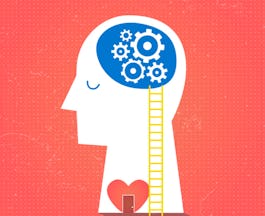 Status: Free
Status: Free
The University of Sydney
Skills you'll gain: Mental Health, Stress Management, Community Mental Health Services, Mental and Behavioral Health Specialties, Psychiatry, Positivity, Optimism, Resilience, Behavioral Health, Mental Health Therapies, Personal Development, Creativity, Self-Awareness, Psychology, Physical Therapy, Relationship Building, Social Skills
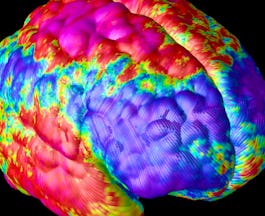 Status: Free
Status: Free
Wesleyan University
Skills you'll gain: Psychiatry, Mental and Behavioral Health Specialties, Clinical Psychology, Psychotherapy, Psychology, Mental Health, Behavioral Health, Scientific Methods, Pharmaceuticals, Patient Treatment, Medical Science and Research, Research Methodologies, Image Analysis, Interviewing Skills
 Status: Free
Status: Free
University of Toronto
Skills you'll gain: Psychology, Human Development, Learning Theory, Mental Health, Culture, Behavior Management, Social Sciences, Scientific Methods, Creativity, Experimentation
 Status: Free
Status: Free
University of Toronto
Skills you'll gain: Mental Health, Psychiatry, Socioeconomics, Social Sciences, Community and Social Work, Cultural Diversity, Sociology, Psychology, Cultural Sensitivity, Caregiving
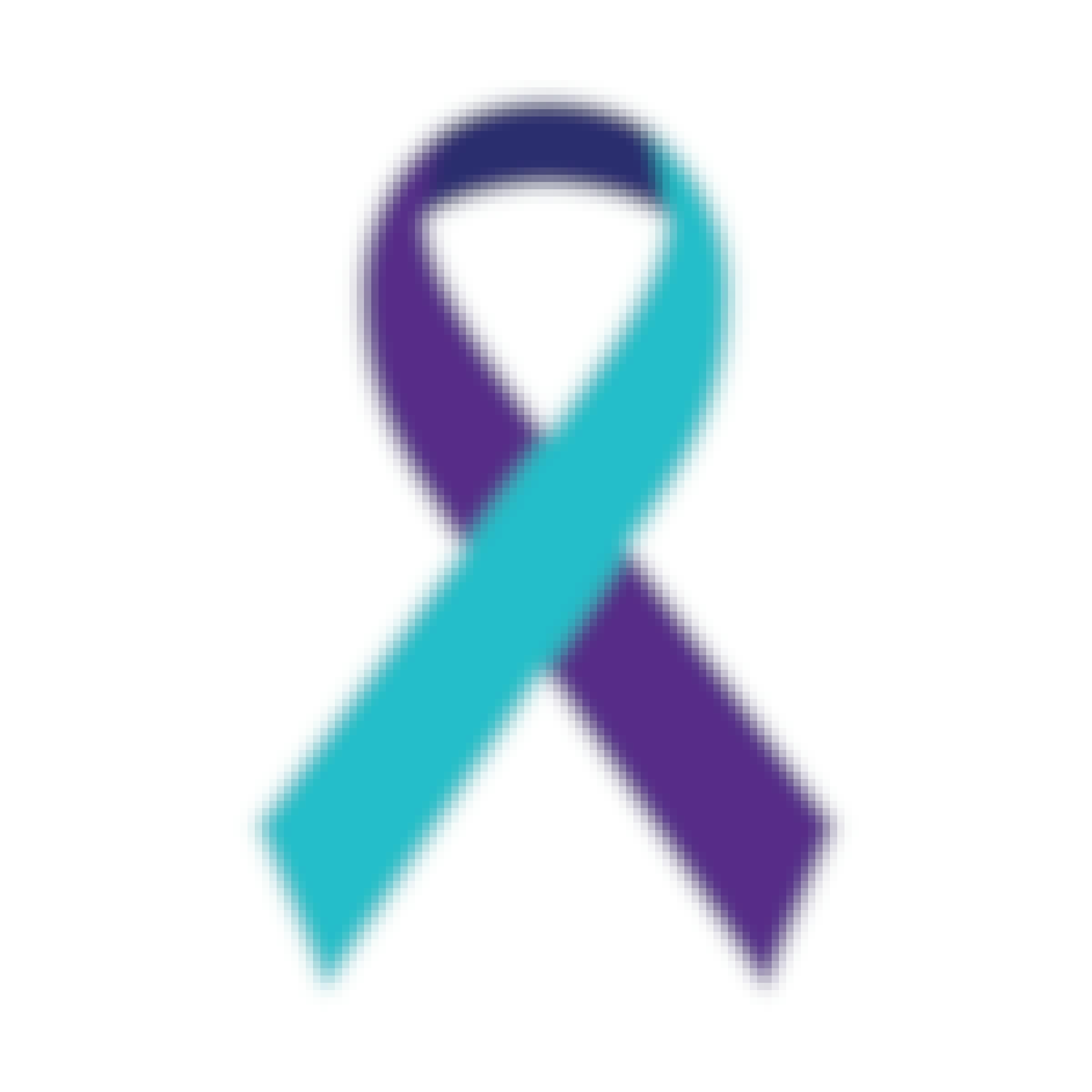

Wesleyan University
Skills you'll gain: Preventative Care, Research, Crisis Intervention, Research Methodologies, Epidemiology, Behavioral Health, Medical Terminology, Sociology, Psychiatry, Mental Health, Psychology


University of Pennsylvania
Skills you'll gain: Resilience, Positivity, Optimism, Overcoming Obstacles, Relationship Building, Learning Strategies, Composure, Self-Awareness, Adaptability, Stress Management, Problem Solving, Dealing With Ambiguity
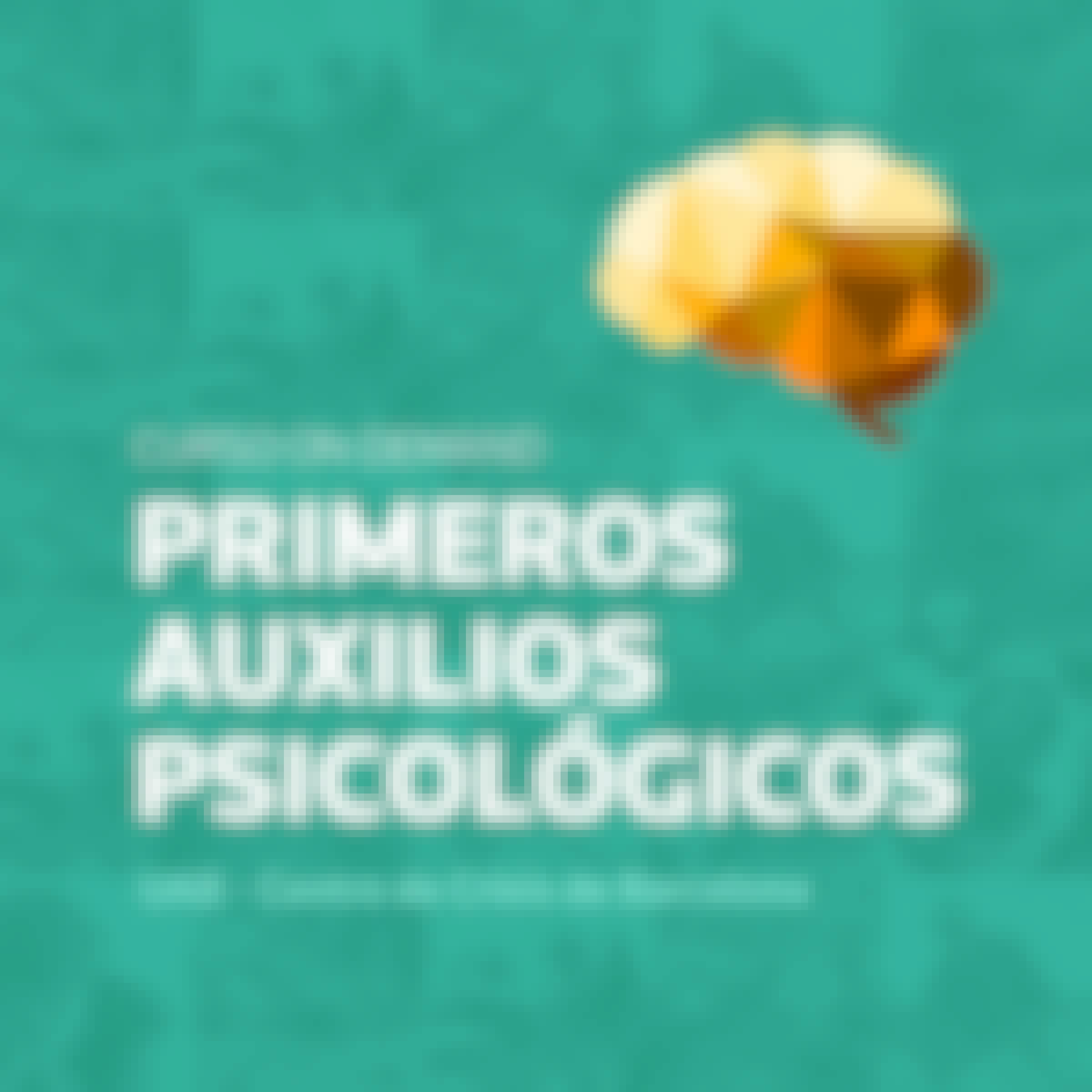 Status: Free
Status: Free
Universitat Autònoma de Barcelona
Skills you'll gain: Crisis Intervention, First Aid, Emergency Response, Mental Health, Pediatrics, Stress Management, Behavioral Health, Disabilities, Active Listening, Interpersonal Communications


Columbia University
Skills you'll gain: Policy Analysis, Medicare, Economics, Policy, and Social Studies, Social Justice, Social Sciences, Gerontology, Child Welfare, Socioeconomics, Public Policies, Social and Human Services, Disabilities, Demography, Political Sciences, Community and Social Work, Program Evaluation, Labor Law, Health Care, Economics, Higher Education, Sociology
 Status: Free
Status: Free
Stanford University
Skills you'll gain: Organizational Structure, Organizational Strategy, Decision Making, Organizational Change, Organizational Effectiveness, Professional Networking, Business, Social Sciences, Culture, Sociology, Analysis, Resource Management, Leadership
In summary, here are 10 of our most popular understand+different+theoretical+approaches+and+applications+to+mental+health+care courses
- Introduction to Psychology : Yale University
- Psychological First Aid: Johns Hopkins University
- Understanding child development: from synapse to society: Utrecht University
- Positive Psychiatry and Mental Health : The University of Sydney
- Schizophrenia: Wesleyan University
- Introduction to Psychology: University of Toronto
- The Social Context of Mental Health and Illness: University of Toronto
- Suicide Prevention: Wesleyan University
- Positive Psychology: Resilience Skills: University of Pennsylvania
- Primeros Auxilios Psicológicos (PAP): Universitat Autònoma de Barcelona










